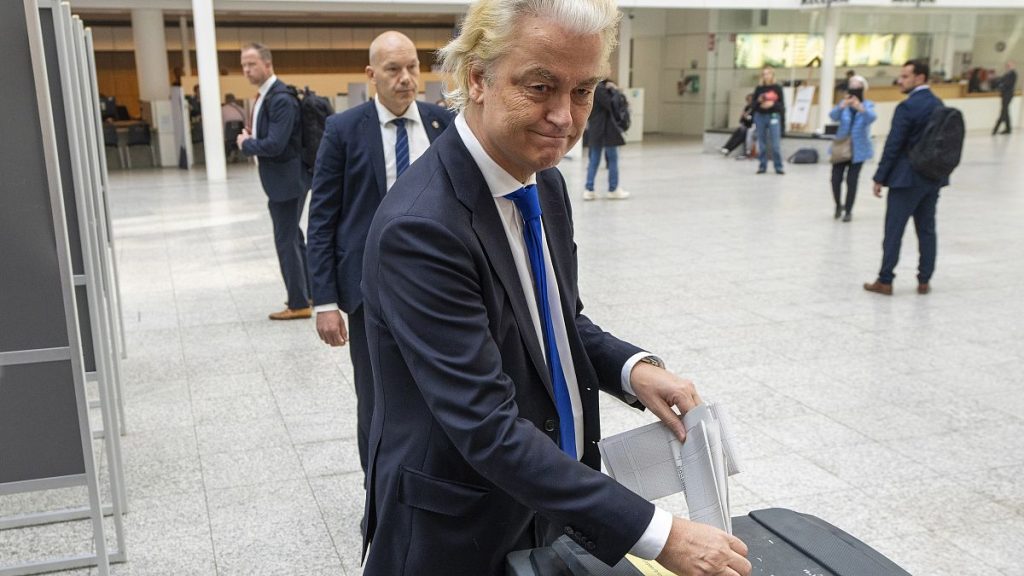In the recent European Parliament elections, the Netherlands saw a strong showing from pro-European parties, with the GreenLeft-Labour joint list projected to win eight out of the 31 seats allocated to the country. Additionally, the radical right Freedom and Democracy Party, led by Geert Wilders, is projected to win seven seats. Former First Vice President of the European Commission Frans Timmermans, who leads the GreenLeft-Labour alliance, expressed satisfaction at the results, noting that the assumption of a sweep by the radical right did not materialize. While the GreenLeft-Labour combination ran on a joint list for the first time in European elections, they will split up once in Brussels, with Labour part of the Socialists and Democrats and the GreenLeft part of the Greens.
Despite the strong showing of pro-European parties, Geert Wilders remains hopeful and sees the rise of right-wing parties as part of a larger pan-European trend. Wilders, who leads the Party for Freedom and Democracy (PVV), is projected to win seven seats, a significant increase from the single seat the party won five years ago. While the party did not host an election party, Wilders remains optimistic about the future of Europe. He believes that the West is waking up and that parties like his are growing in popularity across the European Union. Wilders hopes to see a tougher stance on border control and immigration, as well as a return of legislative powers to individual capitals. Sebastian Stoteler, the PVV representative heading to Brussels, is relatively unknown and has previously expressed views equating Islam with totalitarian ideologies like fascism and Nazism.
While the PVV had previously advocated for a complete withdrawal from the EU (Nexit), they have shifted their stance and now aim to change Europe from within. Wilders hopes to join the Identity and Democracy Group in Parliament, alongside other right-wing parties such as Marine Le Pen’s Rasssemblement National. He believes that by joining forces with other like-minded parties across Europe, they can collectively work to change European policy from within. Turnout for the European Parliament elections in the Netherlands was the highest since 1989, with 47% of voters participating. This can be seen as a positive sign for democracy and civic engagement in the country. In comparison, turnout in 2019 was 42%.
Overall, the results of the European Parliament elections in the Netherlands point to a strong showing by pro-European parties, with the GreenLeft-Labour joint list winning a significant number of seats. While the radical right Freedom and Democracy Party, led by Geert Wilders, also made gains, the overall message from the electorate seems to be in favor of a pro-European stance. Wilders remains hopeful for the future, believing that parties like his are gaining popularity across the EU and will be able to affect change from within. The increased voter turnout in the Netherlands also suggests a growing interest and engagement in the political process among Dutch citizens. As the European Parliament embarks on its new term, it will be interesting to see how the dynamics between pro-European and right-wing parties unfold in shaping the future of the continent.


